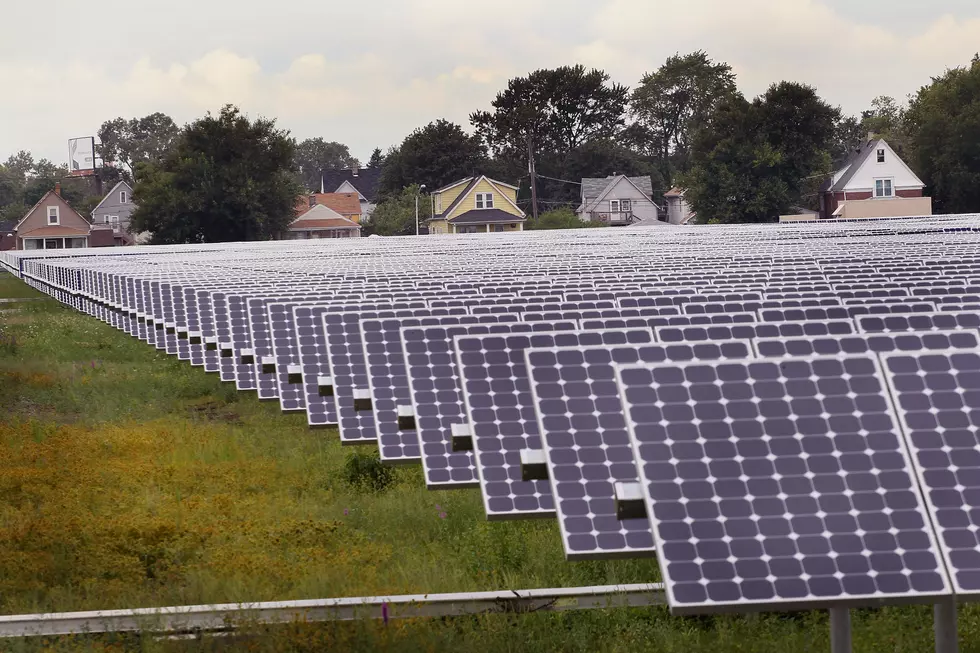
Food to fuel: Proposed NJ law seeks to eliminate tons of waste
Citing millions of tons of food that's just wasted in the United States on a yearly basis, New Jersey lawmakers are attempting to make some good out of this waste. But their proposal would take a lot of leg work.
Under legislation advancing in Trenton, certain generators of food waste would be required to send their separated waste to a local recycling facility that's willing to accept it and convert it into fuel used to generate electricity.
The bill, sponsored by state Sen. Bob Smith, D-Middlesex, initially targets the largest food waste generators — supermarkets, universities and food processors, for example. Any located within 25 miles of an authorized facility would have to start shipping their waste beginning Jan. 1, 2019. Smaller food waste generators would be expected to comply with the requirements by 2022.
"This is an intelligent alternative to improve our environment," Smith said. "We have a problem with waste in this country, and recycling solid waste is a viable system that will produce energy to provide to our homes, schools and businesses. It will also decrease our dependency on fossil fuels."
If 50 percent of the country's food waste each year was converted into energy, enough electricity would be generated to power 2.5 million homes for a year.
Smith pointed to a 2012 report from the U.S. Environmental Protection Agency that says the U.S. threw away more than 36 million tons of food and less than 5 percent was recycled. If 50 percent of the country's food waste each year was converted into energy, the EPA said, enough electricity would be generated to power 2.5 million homes for a year.
"Food waste is a big issue, and it can be cost-effectively converted into a higher-valued product than going to the landfill," said Rocco D'Antonio, owner of Organic Diversion in Marlton.
D'Antonio is in favor of food waste recycling and says the concept of the measure is fine, but modifications are needed "to make a positive impact on all the stakeholders."
According to D'Antonio, a 2019 start date is too soon. Waste-to-energy facilities need about four years to get up and running, he said. Right now, there are "very few permitted facilities" in New Jersey.
"The key here is having an implementation timeline that allows for multiple facilities to open, so that there is competition and you're always in close proximity to a facility," D'Antonio said.
The measure cleared the Senate Environment and Energy Committee in October and is headed to the Senate Budget and Appropriations Committee.
More from New Jersey 101.5:
Contact reporter Dino Flammia at dino.flammia@townsquaremedia.com.
More From 92.7 WOBM










